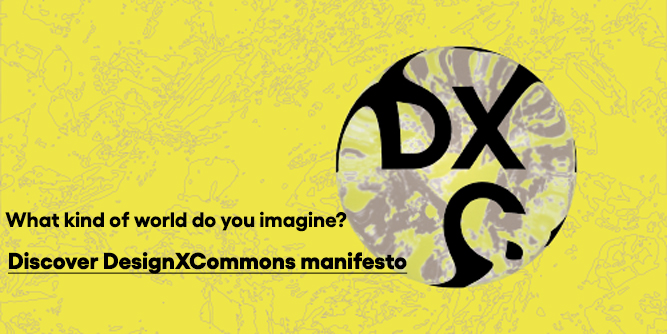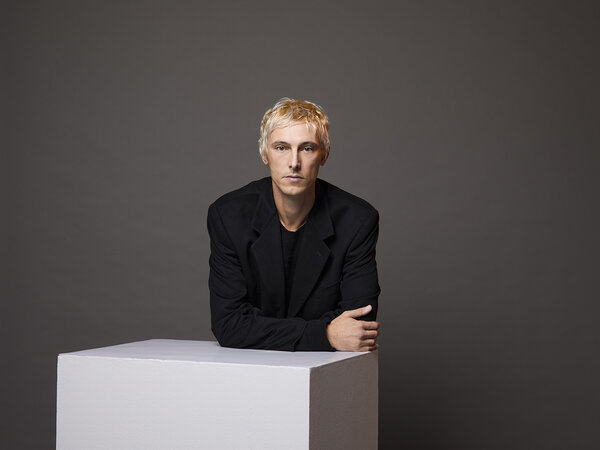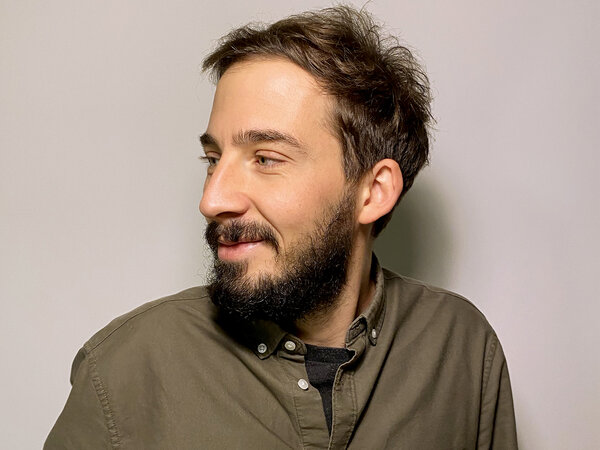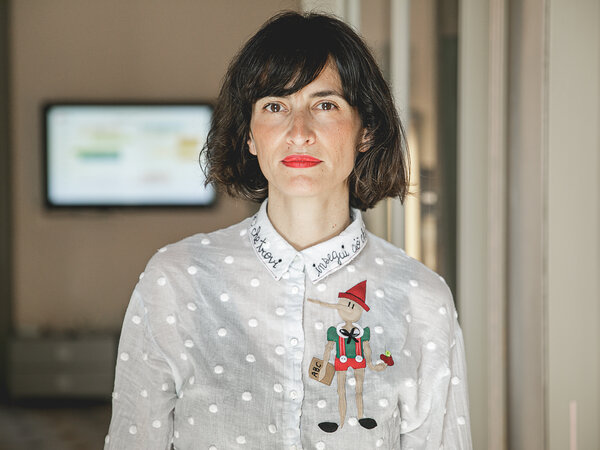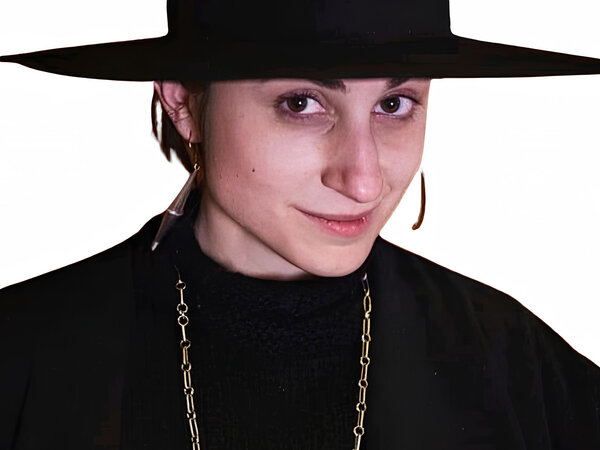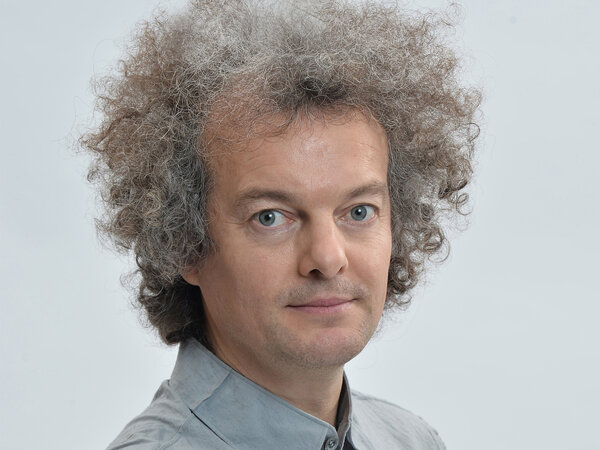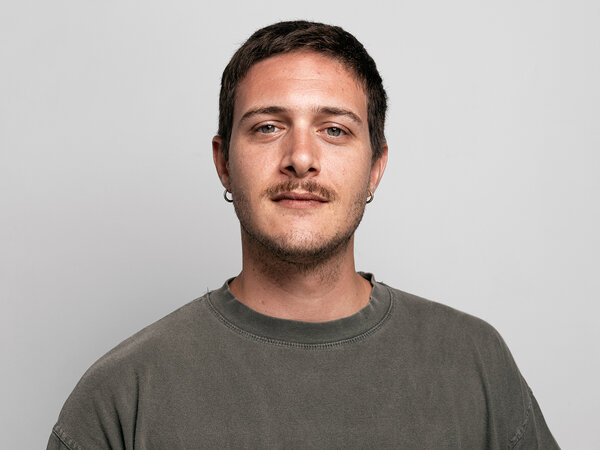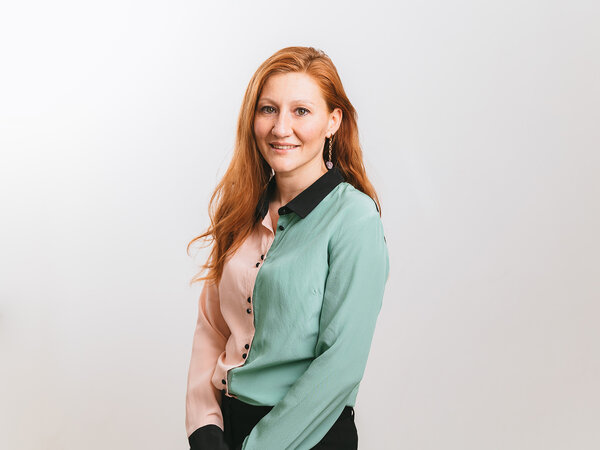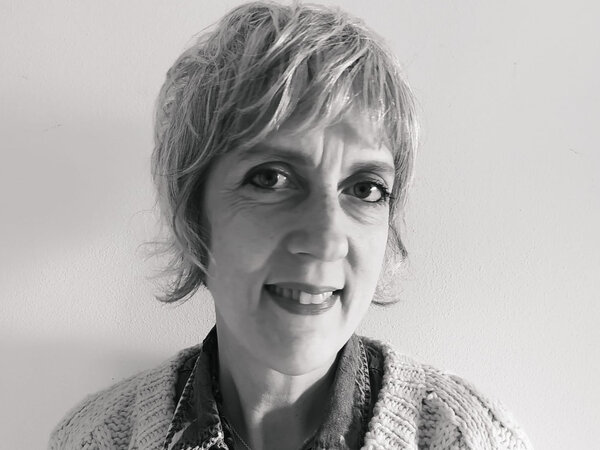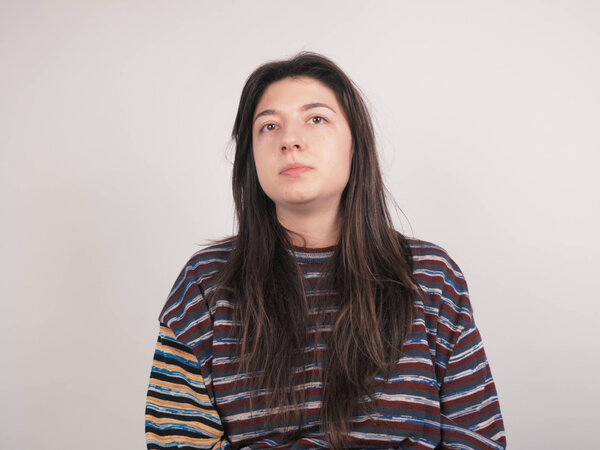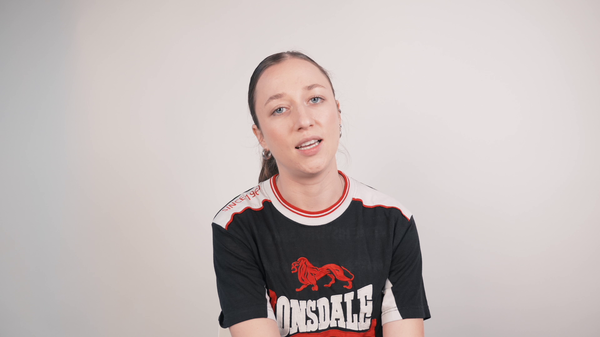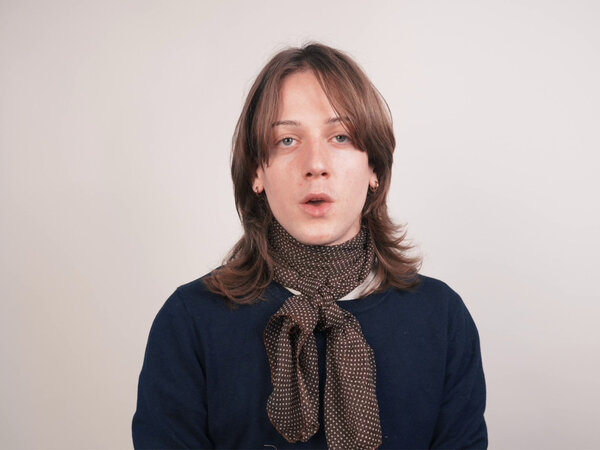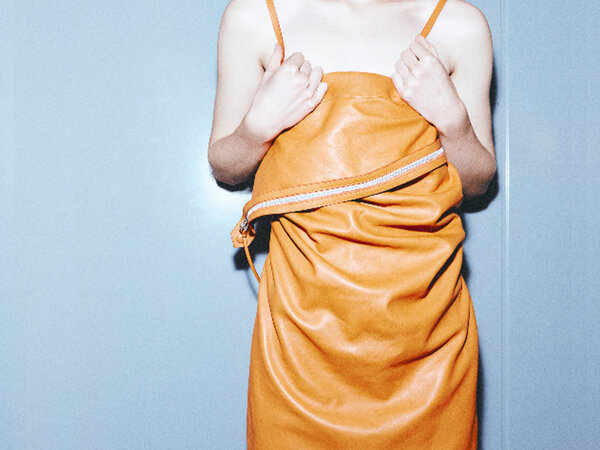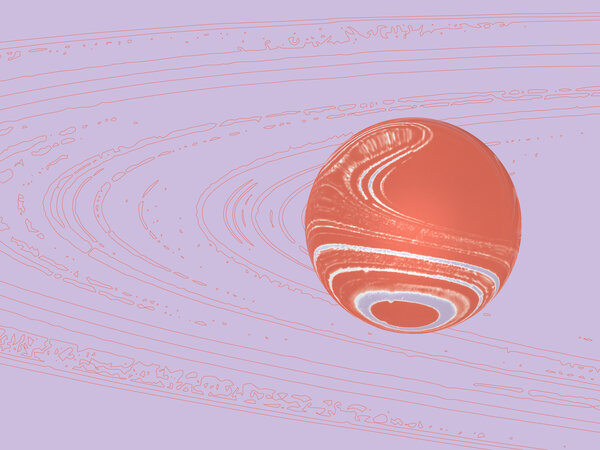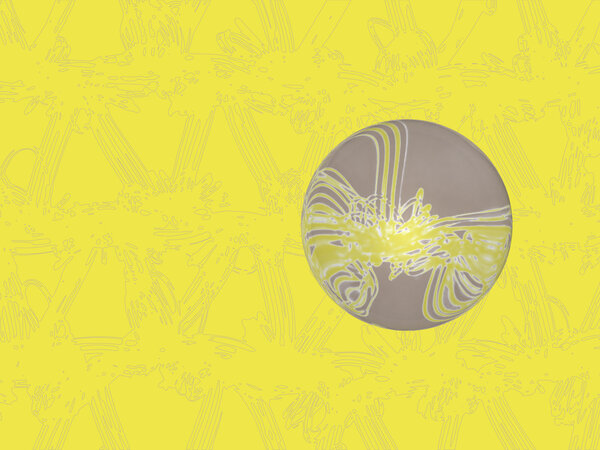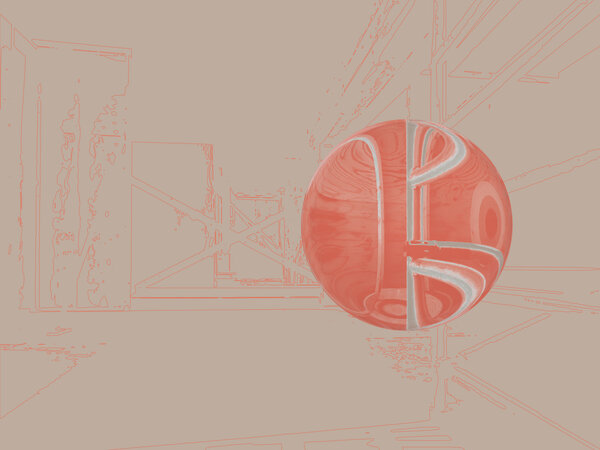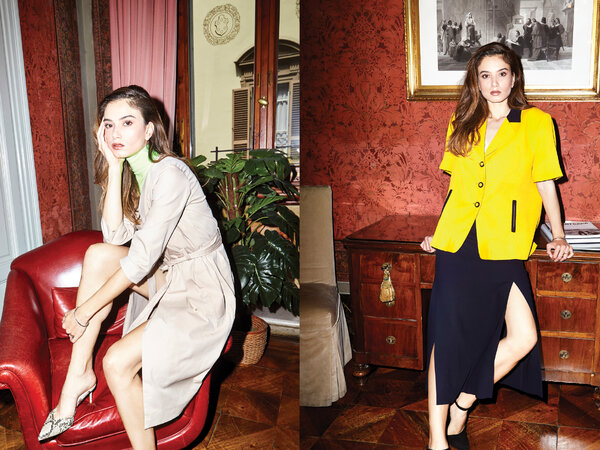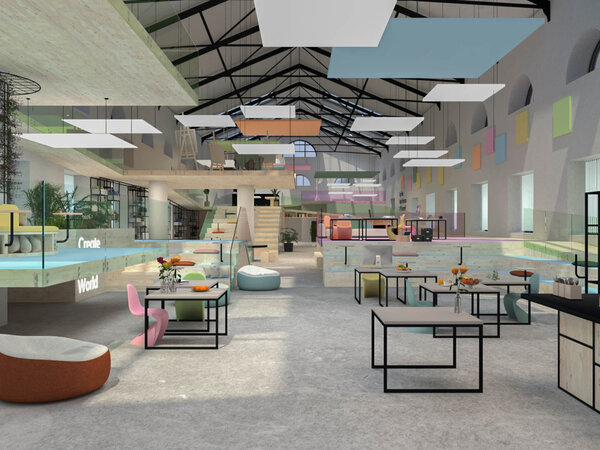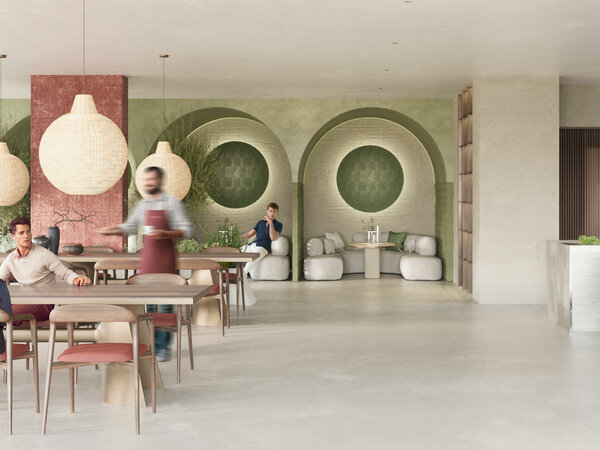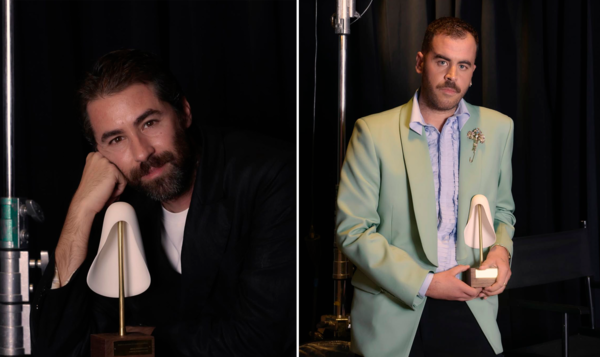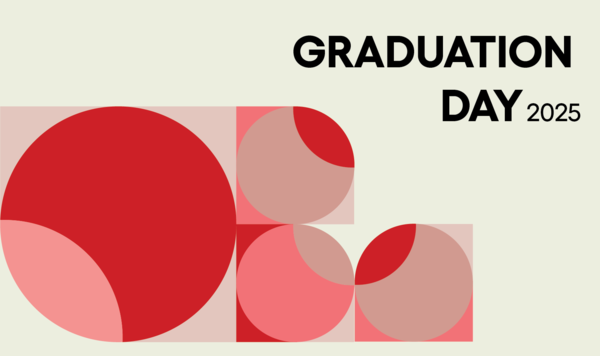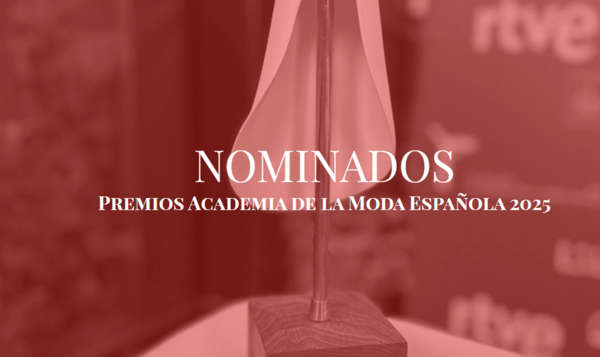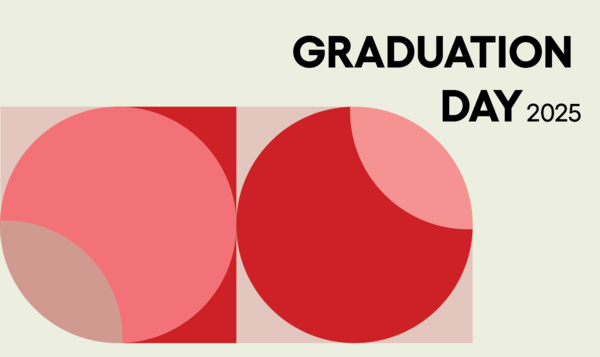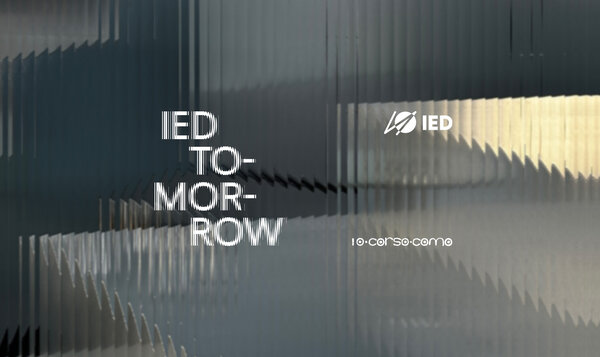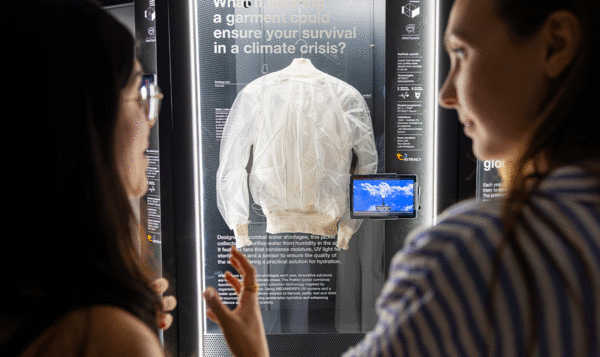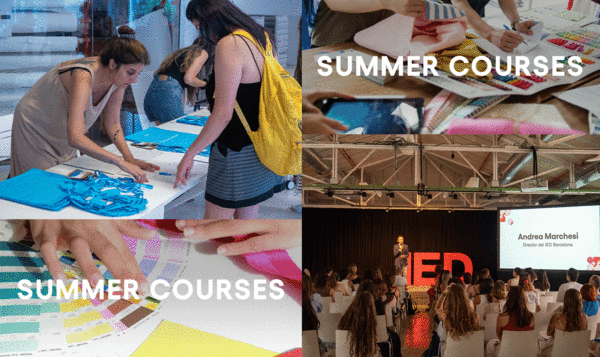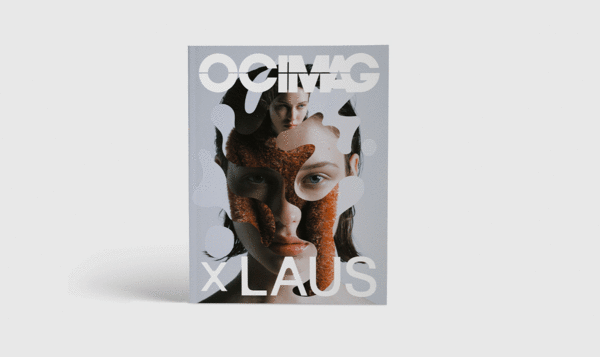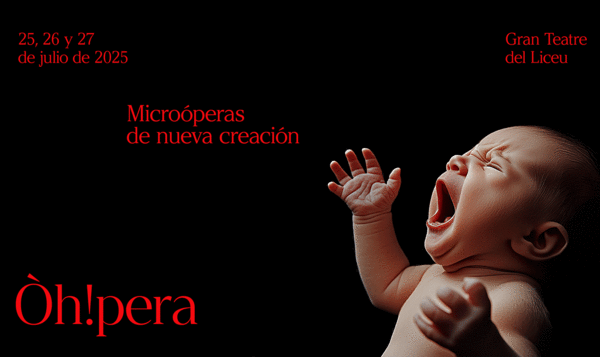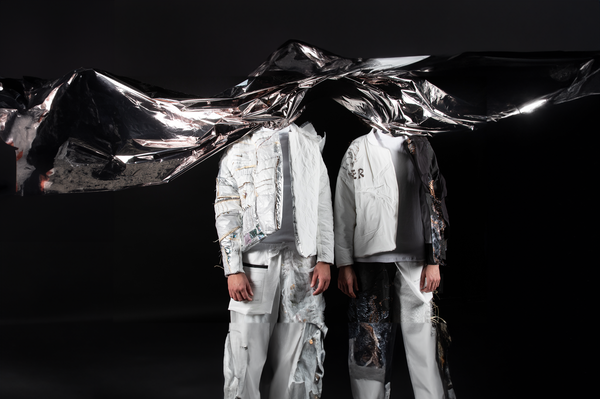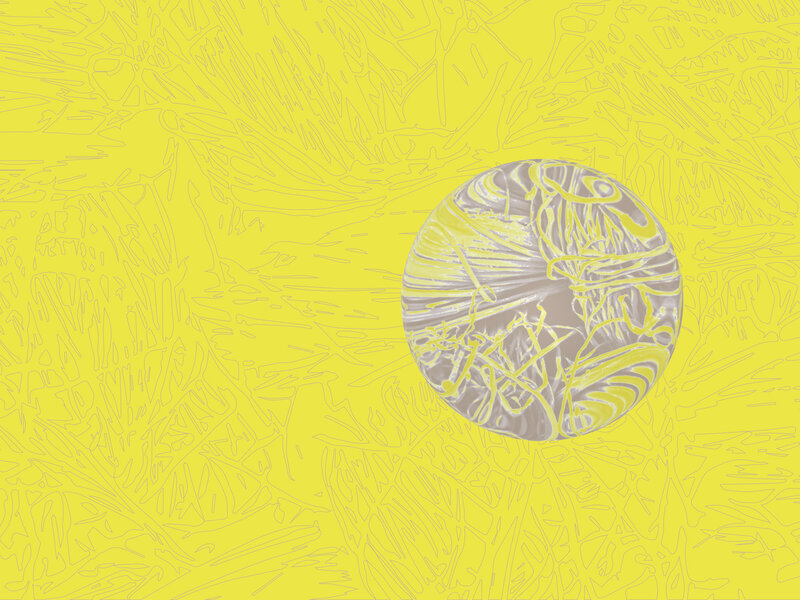
Textile Design
Eco-Threads: Materials and Circularity
ENG
Language
English
Start date
October 2025
Frequency
Full time
Fruition
On campus
Duration
2 Years
Credits
120
Course Coordination
Umberto Sannino
How can textile design contribute to eco-social renewal?
As awareness grows of how the fashion system is impacting the environment and society, people working in the industry will need to be combining technical skills with cultural knowledge and cutting-edge critical thinking.
The Master of Arts in Textile Design. Eco-Threads: Materials and Circularity looks at how deeply the fashion and textile ecosystem has evolved, with people increasingly focused on using sustainable resources and selecting innovative production systems to generate positive changes in society and the environment. This approach fits into the vision of DesignXCommons, where design is regarded to integrate the commons and regenerate the planet.
Issued Degree:
Diploma Accademico di Secondo Livello, corresponding to a Master of Arts Degree (MA) – EQF7 Level (European Qualification Framework).
Credits:
The course awards 120 CFA (Academic Formative Credits), corresponding to 120 ECTS (European Credit Transfer and Accumulation System).
Information to decide
Using an interdisciplinary approach, this programme delves into the environmental and ethical impact of textile design along with the implications of new production and communication technologies, as a basis for building strategic projects and making a positive contribution to broader environmental and social ecosystems where fashion is situated. Experimenting with advanced technologies such as 3D printing and artificial intelligence, along with use of sustainable materials, manufacturing process optimisation and low-impact product innovation provides an opportunity to bring together circularity and innovation into textile design applications for fashion styling, interior design, product development and also furniture design. With a view to proactively contributing to technological social, and cultural development in the textile industry, this course will provide students with the opportunity to co-design with professionals, companies, institutions and leading industrial districts as a way to gain hands-on experience with ethical and inclusive design practices, while also learning how to bring in and raise awareness on complex issues of special importance.
Career roles that can be pursued with the degree programme in Textile Design. Eco-Threads: Materials and Circularity will be able to bring technical and critical-design skills towards eco-social renewal as they take on such roles as Sustainable Textile Designer, Sustainable Fashion Designer, Project Specialist in Sustainability and also Sustainable Fashion Communication Manager, developing marketing and communication strategies to promote eco-design practices. Yet more, they will be able to work as Innovation Specialists for research and development of innovative sustainable industrial solutions, or as Ethical Compliance Managers for the fashion industry. Continuing in Ph.D. trajectories at Italian and foreign universities will also be an option.
The main software you will need during your course is provided by IED!
On this page you will find all the features you need for your computer.
